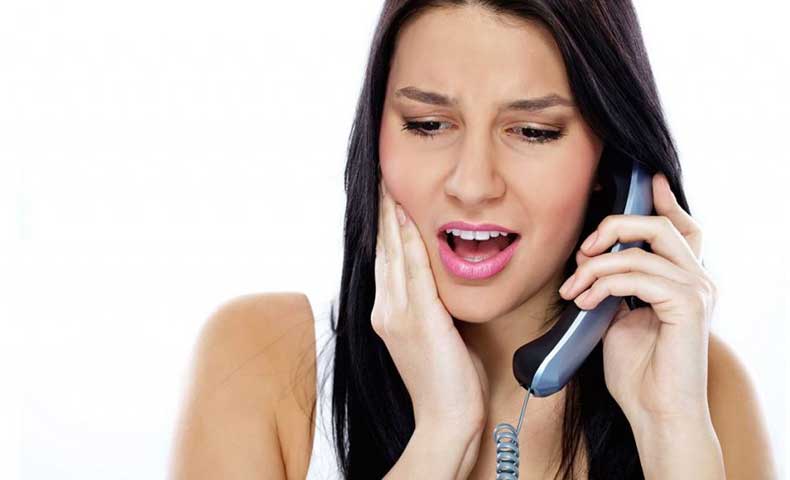
Not everyone understands the need for an emergency dentist. A dental emergency is not necessarily a traumatic event such as having a tooth knocked out during a game of ice hockey – although that is certainly an emergency health situation. But sometimes a tooth can start to ache really badly in the middle of the night or day for no apparent reason.
If you don’t want to be in pain for the next week, it is essential to seek help immediately. Many dental clinics keep some time free for just such emergencies. It is a good idea to call as early in the day as possible to be sure of getting in. This is not always possible, of course, especially if the pain starts during the day.
In some cases a tooth can break off, or part of it can break, or else a filling can come out. Health advice says this should be attended to as soon as possible, especially if it is a large piece that leaves jagged edges that can damage your cheek or tongue. It may not be painful, but it is still essential to have it fixed so that no food gets in and causes worse problems.
Of course, a tooth can be knocked out through falling over; you don’t have to be playing sport or have a car accident for it to happen. This certainly constitutes an emergency and it’s important to try and save the tooth, especially if it has no decays. If you can get in to the dentist within half an hour there is a good chance he will be able to put it back in and save it.
If you are unsure about whether your problem would be a true emergency, ticking any of the following will tell you yes, it is.
- Bleeding from the mouth
- Severe pain
- Loose teeth
- Having been hit in the mouth or face
- Swelling in the mouth or face
- Swelling, bulges or knots on the gum
- Pain when biting down could mean an abscess, which is certainly an emergency and should be seen to as soon as possible as it can be life-threatening.
If you are still not sure whether your condition is an emergency, it is wise to call a dentist and describe your symptoms. He will be able to advise you what to do to alleviate those symptoms until you can get treatment, if it is not an emergency.
The best ways to avoid a dental emergency is to take good care of your teeth, brushing and flossing daily and having them checked out by the dentist at regular intervals. Wearing a properly fitted mouth guard while playing sports and never chewing on ice can also prevent emergencies with your teeth






